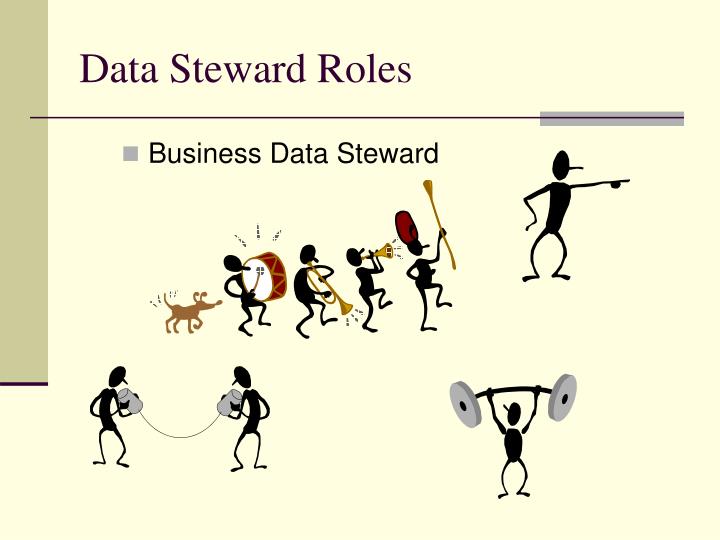


To illustrate this complementarity, Chafika Chettaoui, CDO at Suez – also present at the Big Data Paris 2020 roundtable – confirms that they added another role in their organization: the Data Steward. If a data quality problem occurs, you would expect the Data Steward to point out the problems encountered by its customers to the Data Owner, who is then responsible for investigating and offering corrective measures. Let’s take the example of the level of quality of a dataset. The data steward would then be responsible for referencing and aggregating the information, definitions and any other business needs to simplify the discovery and understanding of these assets. In an ideal organization, the complementarity of these profiles could tend towards :Ī data owner is responsible for the data within their perimeter in terms of its collection, protection and quality. In reality, companies do not always have the means to open new positions for Data Stewards. In our articles, “ Who are data stewards” and “ The Data Steward’s multiple facets“, we go further into explaining about this profile, who are involved in the referencing and documenting phases of enterprise assets (we are talking about data of course!) to simplify their comprehension and use.ĭata steward and data owners: two complementary roles? Unlike a Data Owner and manager, the Data Steward is more widely involved in a challenge that has been regaining popularity for some time now: data governance. More recently, the democratization of data stewards has led to the creation of dedicated positions in organizations.

They will thus have the responsibility and duty to control its collection, protection and uses. For example, a marketing manager can undertake this role in the management of customer data. We qualify a Data Owner as being the person in charge of the final data. They are stakeholders in the collection, accessibility and quality of datasets. It is evident that the role of “Data Owner” has been present in organizations longer than the “Data Steward” has. We manage to create value from the moment the data is shared”. “The data in our company belongs either to the customer or to the whole company, but not to a particular BU or department. Part of the business roles, they are responsible for defining their datasets as well as their uses and their quality level, without questioning the Data Owner: During her presentation, Christina Poirson developed the role of the Data Owner and the challenge of sharing data knowledge. She explained the importance of knowing your data environment and the associated risks to ultimately create value. This founding principle of data governance was also evoked by Christina Poirson, CDO of Société Générale during a roundtable discussion at Big Data Paris 2020. Their mission was to document them from a business perspective as well as the processes that have transformed them, and the technical resources to exploit them. Thus, the first step for many CDOs was to reference these assets. To try to achieve this, a simple – yet complex – objective has emerged: first and foremost, to know the company’s information assets, which are all too often siloed. The recent appointment of CDOs was largely driven by the digital transformations undertaken in recent years: mastering the data life cycle from its collection to its value creation. Data owners and data stewards: two roles with different maturities


 0 kommentar(er)
0 kommentar(er)
